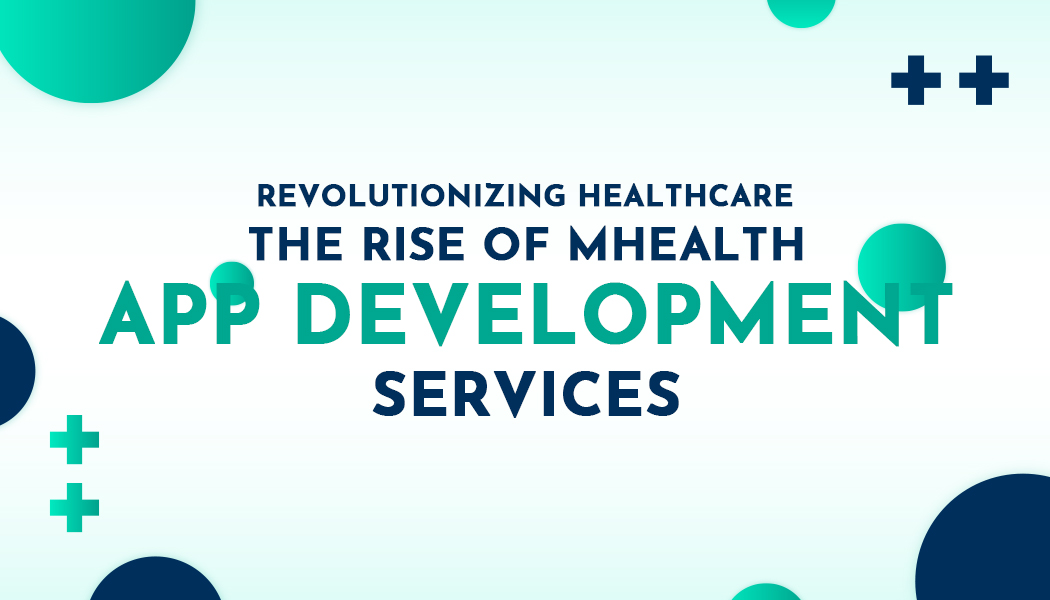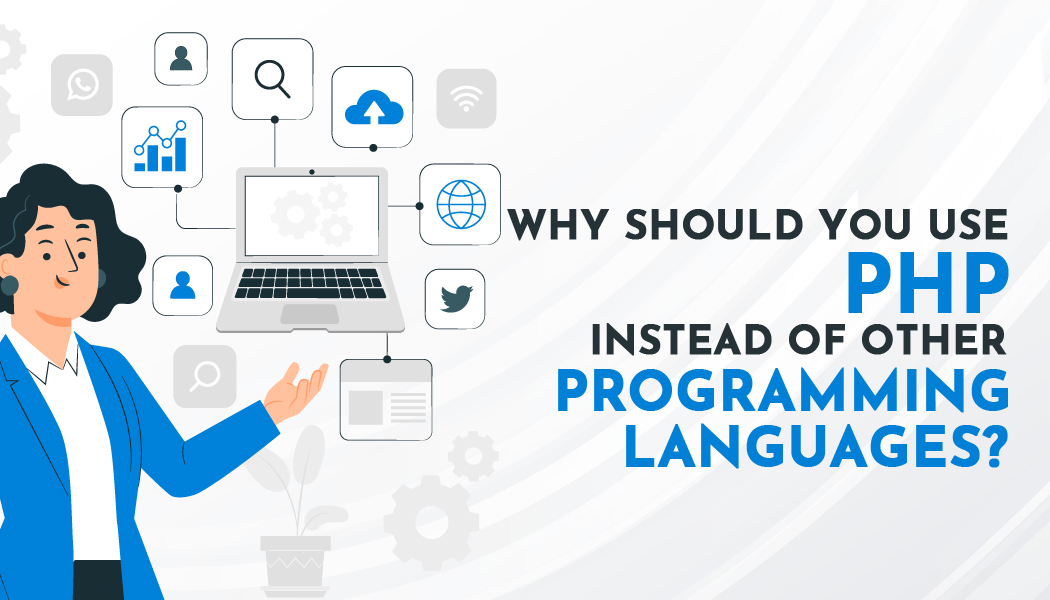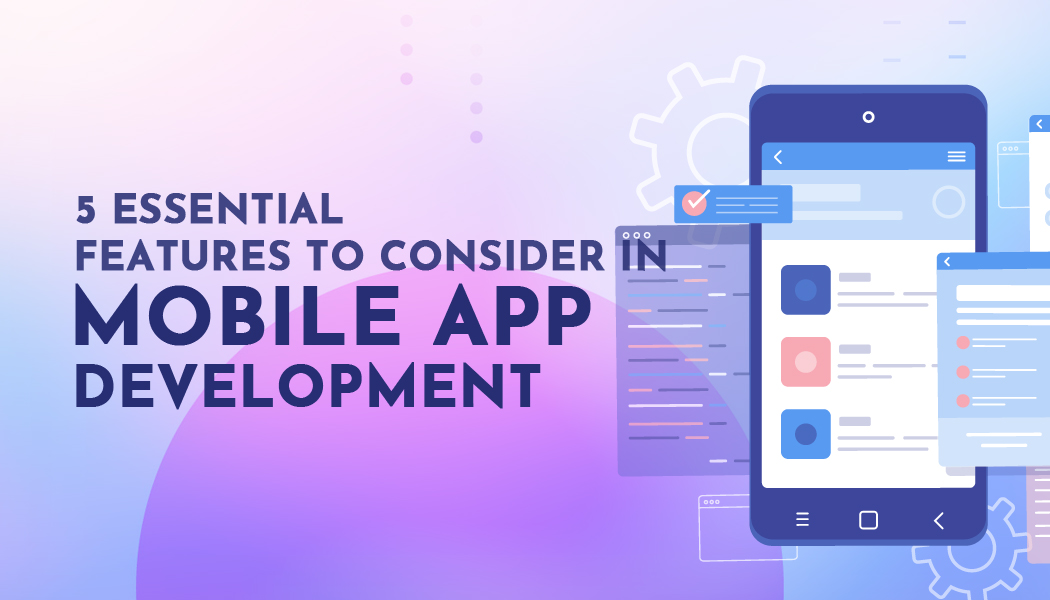Revolutionizing Healthcare: The Rise of mHealth App Development Services
With the rapid digitalization of almost every sphere of our lives, healthcare is no exception and there has been rapid development of mobile health (mHealth) applications. These applications are game changers in the ways that patients can access medical information, interact with their healthcare providers, and even manage their well-being.
However, some people are yet to fully understand and appreciate the fast-evolving field of mHealth development services. Also, they don’t have a clear idea of how they impact the delivery of healthcare and the various opportunities it offers both providers and patients. In this piece, we explore mHealth development services to shed light on those aspects and others that can help providers and users make the most of these solutions.
Understanding mHealth app development services and its evolution
When we talk about mobile health or mHealth apps, we refer to the use of mobile devices such as tablets and smartphones to support medical services and public health practices. In reality, the concept of mHealth is not a new one as it’s been around for decades. However, it has only begun to be realized after the mass adoption of smartphones and other cutting-edge mobile technologies.
In the last few years, mHealth has primarily been concerned with simple functions such as monitoring calorie intake and counting steps. However, with the advancement of technology, the capabilities of mHealth applications have also moved several notches higher.
Nowadays, mHealth apps include a plethora of functionalities, such as telemedicine consultations, medication management, remote patient monitoring, and AI-powered diagnostics. And, with the demand for mHealth solutions growing, there has been an increased need for specialized mHealth app development services.
Reasons for the need for mHealth app development services
There are several reasons that drive the need for mHealth app development services, and these include:
Convenience
These applications increase the convenience factor in the healthcare industry because they allow patients and other users to easily access healthcare services, get information, and optimize any other resources anytime and anywhere without going to the health facilities.
Accessibility
The ubiquitous nature of mobile devices offers healthcare providers the much-needed platform to reach out to a big population, and most importantly, hard-to-reach people, such as those living in the underserved or remote areas.
Personalized healthcare
Offering personalized healthcare is another reason that drives the need for mHealth app development services. Many healthcare providers are now integrating life science software development to create more advanced personalized treatment pathways for patients. mHealth apps prove so useful when it comes to taking care of individual health needs and promoting a customized approach to the delivery of healthcare services.
AI-driven recommendations and tailored health plans are some features that allow personalized healthcare to be possible. If you are looking for reliable mHealth app development services to allow your facility to offer personalized healthcare and improve convenience in your services, look no further than Empeek.
Data-driven insights
More than ever before, all kinds of industries, including healthcare, rely on good data to make decisions and get valuable insights into various matters. Luckily, mHealth apps make data collection and analysis easy by helping healthcare professionals to get a better understanding of health trends and outcomes. And with these insights, they can make informed clinical decisions and roll out crucial public health initiatives.
Health education
The need to provide health education has also fueled the demand for mHealth app development services. These apps can educate users about different topics, enlighten them about preventive measures, and shed light on various treatment options. Thus, these apps can empower patients to make better decisions, about their health and well-being.
Cost-effectiveness
Unlike the traditional healthcare delivery approaches, mHealth apps have the potential to significantly reduce healthcare costs. They can cut costs by minimizing administrative overheads, making optimal use of resources, and preventing some costly complications through timely interventions.
Regulatory compliance
There has been an increase in emphasis on data security and privacy across industries, especially in healthcare. As a result, there has been an increase in demand for mHealth app development services to ensure adherence to regulatory standards to protect patient data. Also, mHealth apps can ensure compliance to avoid the dire consequences of non-compliance, for example, loss of clients’ trust, hefty penalties, and legal suits.
Choosing mHealth app development services
As you choose a developer or service provider for your mHealth app solutions, consider factors such as:
Experience and expertise
Check if the company has proven expertise and experience in developing mHealth apps. You can go through their portfolio to see the projects they have done previously.
Understanding of healthcare regulations
It’s crucial to partner with developers that understand and adhere to regulations such as the General Data Protection Regulations (GDPR) in Europe or the Health Insurance Portability and Accountability Act (HIPAA) in the US.
Cost and timeline
Although cost is a crucial factor to consider, focus on expertise and quality over price alone. You can get quotes from various providers and compare them based on delivery timelines, features, and overall value.
Support and maintenance
You need to ensure the provider offers ongoing support to take care of any issues, effect updates, and make sure the solutions operate smoothly.
Conclusion
Healthcare providers and patients alike can benefit a big deal from mHealth app development services. They help to improve healthcare accessibility, especially for those in remote areas, enhance convenience, allow personalized healthcare, and reduce costs. When choosing an mHealth developer, it is crucial to consider the providers’ expertise and experience, understanding of healthcare regulations, costs and timelines, and availability of support services.




